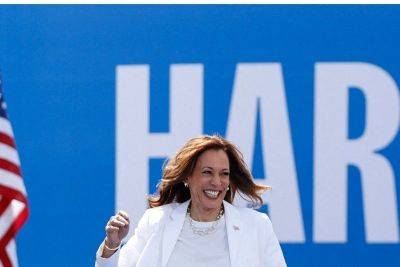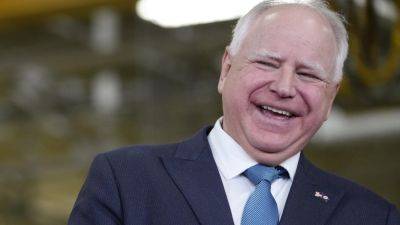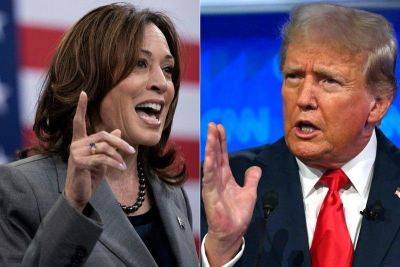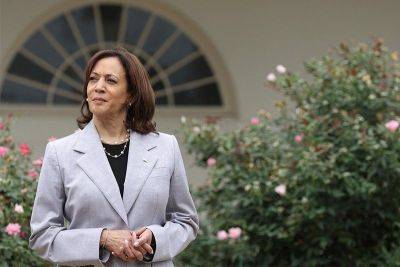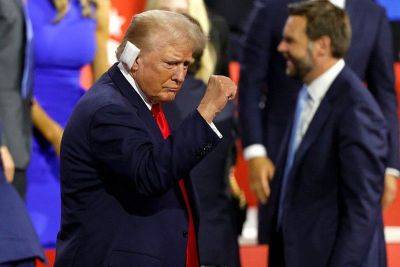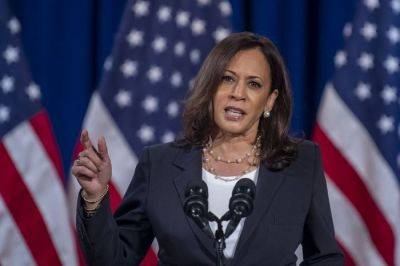What happens after Biden exit?
WASHINGTON, United States — US President Joe Biden's decision Sunday to withdraw from the presidential race at such a late date -- just over 100 days until the November 5 election -- is unprecedented in modern US electoral history.
In the coming days, Biden's fellow Democrats "will undertake a transparent and orderly process to move forward as a united Democratic Party with a candidate who can defeat Donald Trump in November," chairman Jaime Harrison said in a statement.
Here's a look at how replacing the 81-year-old could work.
To designate a formal nominee, delegates chosen from all 50 states, the US capital and overseas territories attend their party's summer nominating convention to officially anoint a candidate.
Biden overwhelmingly won the primary votes, and the party's roughly 3,900 delegates heading to the convention -- scheduled to begin August 19 in Chicago -- are pledged to back him.
Party leaders had previously planned to formally nominate Biden via a virtual roll call ahead of the convention, due to potential legal issues regarding Ohio.
With Biden exiting, it is unclear if or when that early meeting will occur, but naming his replacement will ultimately fall to the delegates.
"Our delegates are prepared to take seriously their responsibility in swiftly delivering a candidate to the American people," Harrison said, adding that the "process will be governed by established rules and procedures of the Party."
The last-minute change could bring US politics back to the old days, when party bosses jostled to pick a nominee through deal-making in smoke-filled back rooms and endless rounds of voting.
On March 31, 1968, then-president Lyndon Johnson made the shock announcement in the middle of the Vietnam War that he would not seek reelection.
The move -- though announced far earlier in the campaign than Biden's -- turned that year's convention, also in Chicago, into a political crisis, with protesters in the streets and left-leaning delegates angry at the pro-war stance of party-picked candidate Hubert Humphrey.
Following that debacle, states more widely embraced the primary process and conventions have become well-oiled affairs whose outcomes are


